In translational medicine a huge role is played by the requests that Regulatory Agencies post for the final Marketing Authorization. All the steps performed during pre-clinical and clinical development should be focused on satisfactorily filling in the MAA sections. These are designed to fulfill the requirements of the assessors for understanding the new drug’s characteristics and correctly evaluating its risk/benefit ratio. Regulatory agencies offer specific guidance to help the applicants, which is the sum of experience and innovation provided by previous studies performed in support of other drugs. Usually the role of academia and its non-validated research results was considered to be minimal.
However, this approach is slowly changing. In the quest to accelerate the translation of basic science discoveries to medical use, the EU Commission has inserted strong wording and incentives in the H2020 program supporting academic and SME entities in their translational activities. These are usually invested in the most innovative fields like nanotechnologies, stem cells or in silico organ models. For the regulatory agencies to develop guidance in these areas, it is essential to maintain a strict collaboration with the academic scientist as the relevant data, due to the length of the pipeline itself, will reach the Marketing Authorization stage only in a score of years.
The EMA already has had a number of initiatives to connect with the academic researcher such as the Innovation Task Force or the National Innovation Offices. However, it has recognized the necessity to further define the gaps and the needs for a better interaction and as a result has recently released a consultation paper asking the academic entities or individual for suggestions on the methodology for a stricter collaboration.
http://www.ema.europa.eu/docs/en_GB/document_library/Other/2016/02/WC500200827.pdf
The deadline for filling the questionnaire is April 15 and everyone involved in translational medicine research should take this chance at informing and interacting with the European Regulatory Agencies.

















